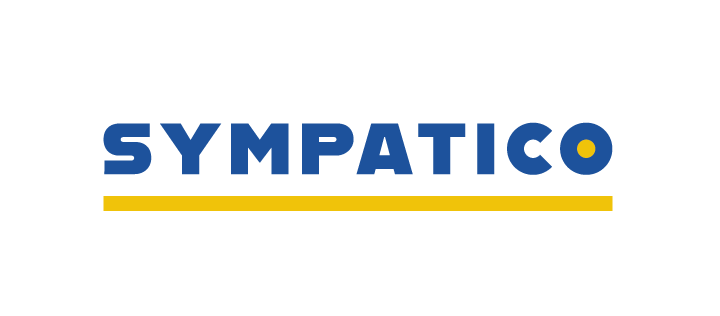Coach and mentor supervision is a professional development process designed to support and enhance the effectiveness of executive and organisational coaches and mentors in their practice.
Explore and reflect on your practice
Sympatico Coaching
Coach and mentor supervision is a professional development process designed to support and enhance the effectiveness of executive and organisational coaches and mentors in their practice. The supervisor, provides guidance, a space as well as a sounding board and feedback for the coach or mentor to explore and reflect on their practice.
Supervision is common in professions where coaching is prevalent, such as executive coaching, life coaching, and organisational coaching. It is considered a valuable component of a coach’s ongoing professional journey and contributes to the overall quality and effectiveness of coaching services.
Who is supervision for:
- Coaches and emerging coaches
- Mentors
- Leadership development facilitators and consultants
- Group supervision
Our approach:
Our approach to supervision is wholistic and shaped by client-centred and narrative theory; adult learning and NLP models as well as neuroscience, somatic and mindfulness approaches.
Key aspects of coach supervision include:
- Reflective Practice: Supervision encourages coaches/mentors to engage in reflective practice, where they critically examine their sessions, interventions, and the dynamics of their relationships. This reflection helps them gain insights into their strengths, areas for improvement, blind-spots and the impact of their work on clients.
- Professional Development: It provides coaches/mentors with opportunities to expand their skills, stay current with industry trends, and explore new techniques and methodologies.
- Ethical Considerations: Supervisor relationships often involve discussions about ethical considerations and dilemmas in coaching/mentoring. This helps coaches/mentors navigate complex situations and make ethical decisions aligned with industry standards and best practices.
- Support and Feedback: Supervision provides a supportive environment where coaches/mentors can discuss challenges, uncertainties, and successes in their practice. The supervisor offers constructive feedback and helps coaches/mentors navigate difficult situations.
- Quality Assurance: Supervision contributes to the overall quality assurance of coaching/mentoring services. By regularly reviewing and assessing sessions, the supervisor helps maintain high standards of professionalism and effectiveness in professional practice.
- Personal Development: Supervision addresses the client’s personal development, including self-awareness, wellbeing, emotional intelligence, and the impact of the their personal beliefs and values on their approach.
- Running a coaching or mentoring practice: The coach/mentor may also run their own practice or business. Supervision provides a forum to discuss business development and challenges in the context of their purpose, values and practice requirements.
